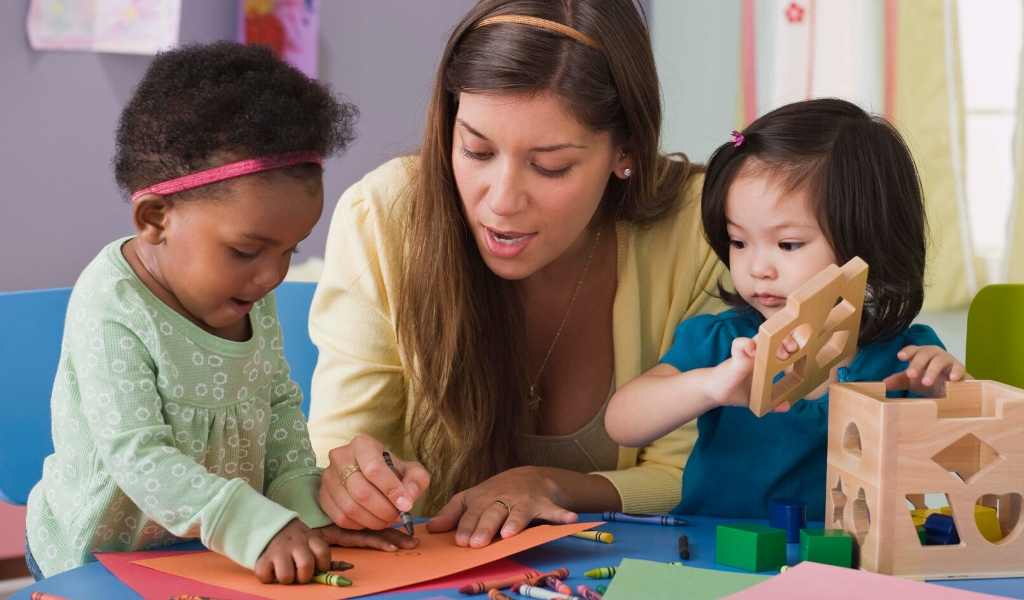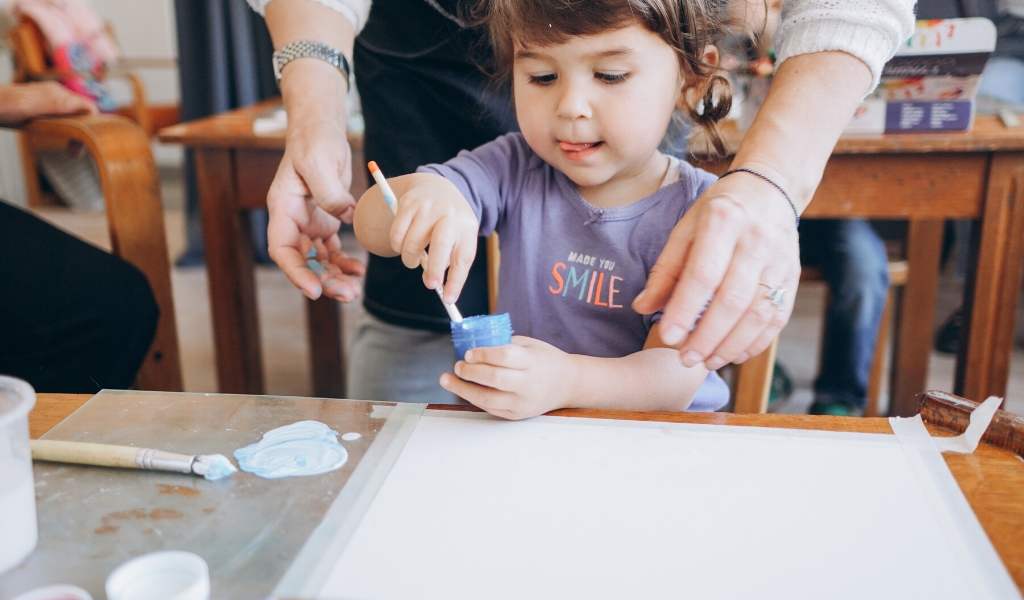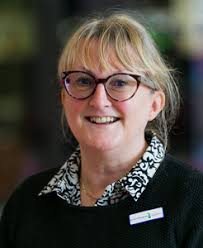It’s that time of year when we start to think about the children who will be moving into school in September. Of course, this year is exceptional in that children will be moving into school having had a very different experience from any other in living memory.
This makes it even more important than ever to understand what ‘school readiness’ really means. It’s a phrase that we often use, and one that we assume everyone understands to mean the same thing. In fact, there is no agreed definition. In 2014 Ofsted published a document called ‘Are you ready? Good practice in school readiness’ in which they noted…
“We found various views on the definition of school readiness and whether the term refers to readiness to start school on entry to Year 1 or at the start of entry into Reception…
The term ‘school readiness’ features in many reviews of education and statutory guidance. However, the precise characteristics of school readiness and the age of the child to which it applies are interpreted variously by the providers we visited. There is no nationally agreed definition…”

So what age do we mean?
Although the statutory starting age for school isn’t until the term after a child’s fifth birthday, which could mean going into Year One for some, many children start when they are still four. Some children start only just after their fourth birthday if they were summer born, making almost a year of difference in age with some of their peers. And of course, starting school may also mean starting maintained nursery provision at three years of age, or even at two years of age as is increasingly common.

The Ofsted document mentioned above makes some concerning assumptions:
Although this document was written in 2014, this thinking is still prevalent.
The problem through all of this is seeing the child and family as a deficit model that the school is there to fix. In this model families are given, by the school, certain parts of the puzzle to try to put in place before their child starts. But is this what ‘school readiness’ really means? In fact, why do we even have such a label? It’s time to take a fresh look at this event that happens to most children and see it as a transition. Of course, there will be groundwork to do, but this should be about a respectful process that sees the event from all angles and takes into account the expectations of all involved: the children, the families and the school.
To find out more about Sue’s definition of school readiness and how we can smooth the way to starting school, access her recent webinar, register here to watch.
About Dr Sue Allingham

Sue’s career started as a teacher and an early years lead before becoming a local authority Early Years Adviser. Moving into research, Sue gained an MA then a Doctorate, both in Early Childhood Education. She is now an independent consultant, author and trainer, with publications on ‘Transitions in the Early Years’ and ‘Emotional Literacy in the Early Years’.